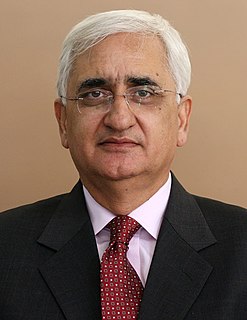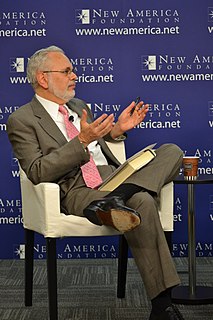A Quote by John Olver
We all know that China is industrializing at a growth rate of 8 to 10 percent per year. China is on track to pass the U.S. as the largest economy in the world in 20 to 25 years, and China is determined to give its people a chance at this high standard of living that we enjoy.
Related Quotes
I have done business in China for 25 years, so I know that in order to get China to cooperate with us, we must first actually retaliate against their cyber-attacks so they know we're serious. We have to push back on their desire to control the trade route through the South China Sea through which flows $5 trillion worth of goods and services every year.
At the moment we are hard-wired into the European markets - 50% of our exports go to Europe - and that has not been good for the UK. So I'm not saying "make Britain entirely dependent on China". I'm saying "let's diversify a bit". When I became chancellor, China was our ninth largest trading partner. This is the world's second biggest economy. China was doing more business with Belgium than it was with Britain.
China, the world's most populous country, 1.3, 1.4 billion people, will in the next decade or so have to begin looking for people outside of China.What does this mean? China will have to become a much more welcoming society. It means that China will have to attract immigrants from other countries in order to slow the aging of the population.
The threat of China is not military. The threat of China is they can't be intimidated. Europe you can intimidate. When the US tries to get people to stop investing in Iran, European companies pull out, China disregards it. You look at history and understand why - they've been around for 4,000 years, they have contempt for the barbarians, they just don't give a damn.
The Chinese public is deeply nationalist, which matters to China's unelected political leadership as much as U.S. nationalism does to American politicians. As China becomes the world's largest economy, there is meaningful public pressure for its power status to advance in parallel. Any alternative would be humiliating.


































